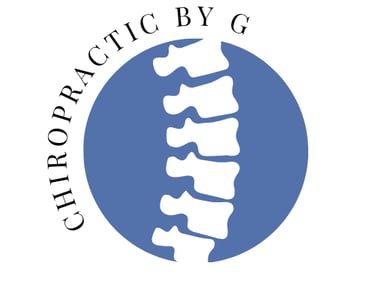Suspected Herniated disc
A herniated disc, also known as a slipped or ruptured disc, occurs when the soft inner core of a spinal disc pushes through a crack in the tougher outer layer. This condition can cause pain, numbness, and weakness, typically in the area of the affected nerve. While severe cases may require surgery, many herniated discs can be managed effectively without surgical intervention.
Treating a Herniated Disc Without Surgery:
1. Rest and Activity Modification: Initially, it's essential to rest the affected area to reduce inflammation and allow the disc to heal. Avoid activities that exacerbate the pain, such as heavy lifting or prolonged sitting.
2. Pain Management: Over-the-counter pain relievers like ibuprofen (Advil, Motrin) or naproxen (Aleve) can help alleviate discomfort and reduce inflammation. Your healthcare provider may prescribe stronger medications if necessary.
3. Heat and Cold Therapy: Applying heat or cold packs to the affected area can help relieve pain and inflammation. Cold therapy is typically recommended during the first 48 hours to reduce swelling, followed by heat therapy to relax muscles and increase blood flow.
4. Physical Therapy: A physical therapist can teach you exercises to strengthen the muscles supporting your spine, improve flexibility, and correct posture. These exercises can help alleviate pressure on the affected disc and prevent future injuries.
5. Steroid Injections: In some cases, corticosteroid injections directly into the affected area may provide temporary relief from pain and inflammation.
6. Alternative Therapies: Techniques such as acupuncture, chiropractic adjustments, and massage therapy may offer relief for some individuals. However, it's essential to consult with a healthcare provider before trying alternative treatments.
Preventing Pain in the Future:
1. Maintain Good Posture: Practice proper body mechanics when lifting objects or sitting for extended periods. Use ergonomic furniture and support cushions to maintain a neutral spine position.
2. Stay Active: Engage in regular low-impact exercises such as walking, swimming, or cycling to strengthen your core muscles and improve spinal stability. Avoid high-impact activities that may exacerbate your symptoms.
3. Maintain a Healthy Weight: Excess weight can strain the spine and increase the risk of disc herniation. Maintain a healthy diet and exercise regimen to achieve and maintain a healthy weight.
4. Quit Smoking: Smoking reduces blood flow to the spinal discs, impairing their ability to heal and increasing the risk of disc degeneration. Quitting smoking can improve your overall spine health.
5. Use Proper Lifting Techniques: Bend your knees and keep your back straight when lifting heavy objects. Avoid lifting objects that are too heavy for you to handle safely.
6. Listen to Your Body: Pay attention to any warning signs of pain or discomfort, and modify your activities accordingly. Pushing through pain can exacerbate your condition and lead to further injury.
7. Regular Check-ups: Schedule regular check-ups with your healthcare provider to monitor your spinal health and address any concerns promptly.
By following these guidelines and incorporating lifestyle modifications, you can effectively manage a herniated disc without surgery and reduce the risk of future pain and complications. However, it's crucial to keep your chiropractor updated on your pain and mobility levels. Proceed with all of these activities with caution at your own risk.


Stonehill Medical Centre
Stonehill Crossing
Greenstone, Modderfontein
All rights reserved © chiropractic by g 2024
